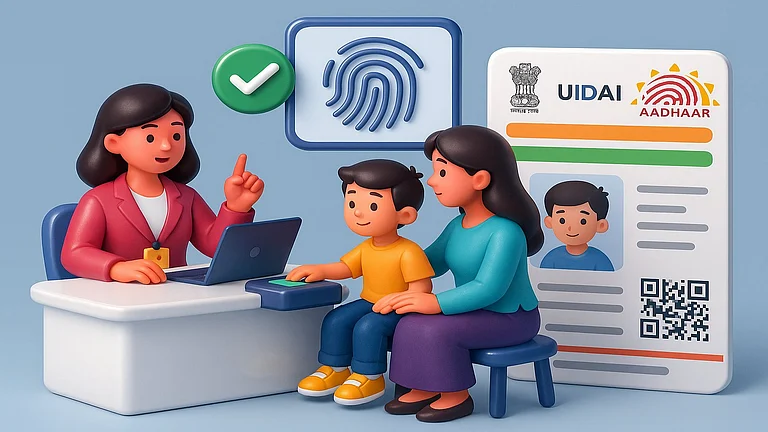Education is expensive today. For instance a Masters in Management could set you off by Rs 5 – 10 lakh depending on the institute where you get admission. The costs could be higher if you study abroad or plan to pursue medicine. In order to encourage students to follow their dreams the government has made education loan, a priority sector lending by facilitating finance for higher education an option. The biggest draw for such a loan is not that it is available but the fact that it can be repaid by the student after completion of the course, once they start earning. There are also tax benefits that one can claim.
Tax benefits
Tax benefits come into play when the loan is taken to fund higher education offered by a university recognised by the government. The loan is available for courses offered in India and abroad as long as they are recognised and comply with the lender’s conditions. There is also a provision of borrowing to pursue vocational courses after passing from Senior Secondary Examination or its equivalent from any school, board or university recognised by the Central Government or State Government.
You can claim tax deductions under Section 80E of Income Tax Act on the education loan that you take. Section 80E of the Income Tax Act allows you to claim tax deductions on the interest paid. Unlike an education loan, the principal component is not available for a tax break. You can claim the benefit for a loan taken for self or spouse or children’s education. Moreover, there is no qualifying limit on the deduction you can claim for the interest.
How does it work?
Under Section 80E, deduction is available only against payments towards the interest component of the loan and not the principal amount. The deduction applies only after you start repaying the interest on loan. There is a moratorium period or repayment holiday, which is either one year after completion of the course or six months after getting a job, whichever is earlier. The moratorium period, however, could vary across lenders. The tax deduction can be claimed for eight successive years from the year in which the borrower starts repaying the loan. In fact, the entire interest paid on the education loan can be claimed as deduction.
To claim the tax deduction, make sure you claim the loan repayment certificate from the lender for each year so that the organisation you work for make note of it and deduct tax accordingly. The deduction under Section 80E does not have any limit, unlike the Rs 1.5 lakh annual limit on tax deductions that one could claim under Section 80C.
In case you have borrowed from relatives, the Section 80E benefits cease to exist. It would be in your interest to end this loan at the earliest, even if it seems lucrative and convenient to repay the loan over the 8 years that one can repay it over and claim tax deductions.













